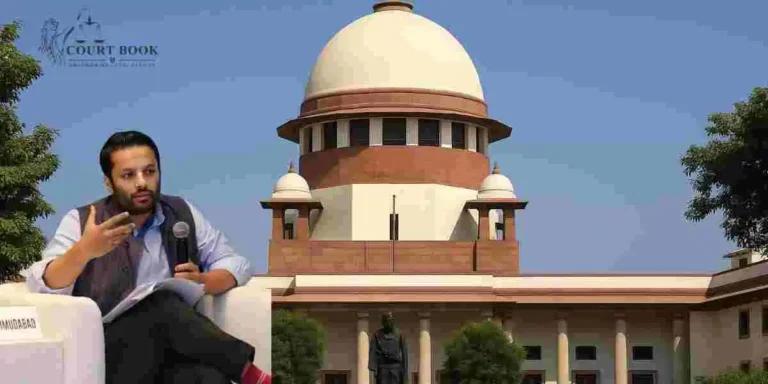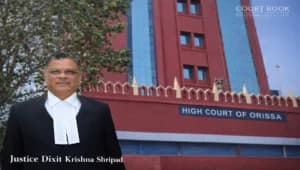Professor Ali Khan Mahmudabad, Head of Political Science at Ashoka University, was arrested on 18 May 2025 based on two complaints—by a Haryana sarpanch and the Chairperson of the Haryana State Commission for Women. Their objection stemmed from a Facebook post by the professor on 8 May 2025, discussing the ongoing Indo-Pak conflict and its societal impact after the Pahalgam terror attack.
“Even in the absence of Article 21... the state has got no power to deprive a person of his life or liberty without the authority of law.”
– Justice H.R. Khanna, ADM Jabalpur v. Shivakant Shukla
Read also: Supreme Court Urges Permanent Forum for Consumer Disputes, Seeks New Appointment Rules from Union
Despite the professor’s post being a thoughtful and balanced reflection, the complainants accused it of being anti-national. Notably, the Chairperson’s televised remarks revealed a complete misunderstanding of the post, indicating a false and malicious complaint. The Hon'ble Supreme Court granted interim bail but imposed conditions such as a passport surrender, a social media ban, and a probe by a Special Investigation Team.
The post had three key themes:
Prof. Mahmudabad wrote about India’s shift in response to cross-border terrorism. He acknowledged the tragedy of civilian casualties while emphasizing the need to act against terrorism when others fail to do so.
“The message is clear: if you don’t deal with your terrorism problem, then we will!”
He cautioned against the glorification of war and reminded people of its harsh realities.
“War is brutal. The poor suffer the most. The only people who benefit are politicians and defence companies.”
Read also: Supreme Court Dismisses Plea Seeking FIR Against Justice Yashwant Varma, Directs Petitioners
Former Army Chief General Manoj M. Naravane echoed similar sentiments, saying war is not romantic. The professor’s message was rooted in empathy and moral reasoning, consistent with India’s rich legacy of peaceful resistance.
He called out selective praise and silence—while Colonel Sophia Qureishi was applauded, the same energy was missing in condemning lynchings and hate crimes against Muslims.
“Optics must translate to reality on the ground, otherwise it’s just hypocrisy.”
Prof. Mahmudabad’s post challenged injustice, hypocrisy, and hate politics. His arrest, despite no legal basis, raises serious concerns over state overreach and suppression of dissent.
“Speaking truth to power and rejecting violence without fear is a quality to be celebrated, not incarcerated.”
Read also: Supreme Court Directs Tamil Nadu to Identify Agama Temples, Allows Priest Appointments in Non-Agama
This arrest, based on a misreading of a peaceful post, is not just legally flawed but deeply harmful to democratic values. The Hon’ble Supreme Court must now decide if the act of speaking with empathy, reason, and morality during times of conflict is a crime—or a constitutional right.
“Clearly, the Hon’ble Supreme Court must quash the FIR and order Professor Mahmudabad’s unconditional release.”
A case that should have never existed now serves as a warning: misuse of state power not only threatens individuals but also weakens the foundation of democracy.
(Kalpana Kannabiran is an independent sociologist based in Hyderabad.)















